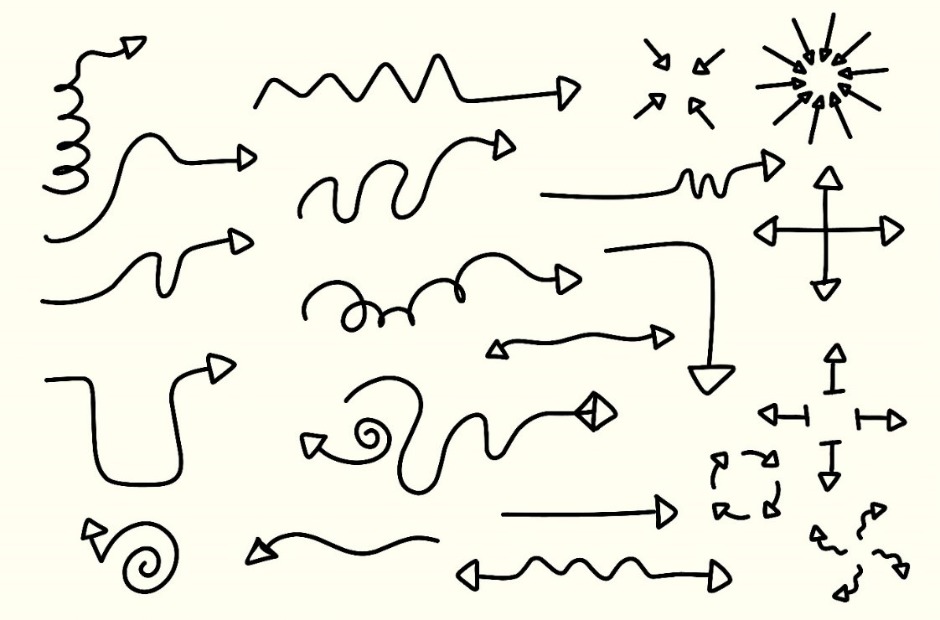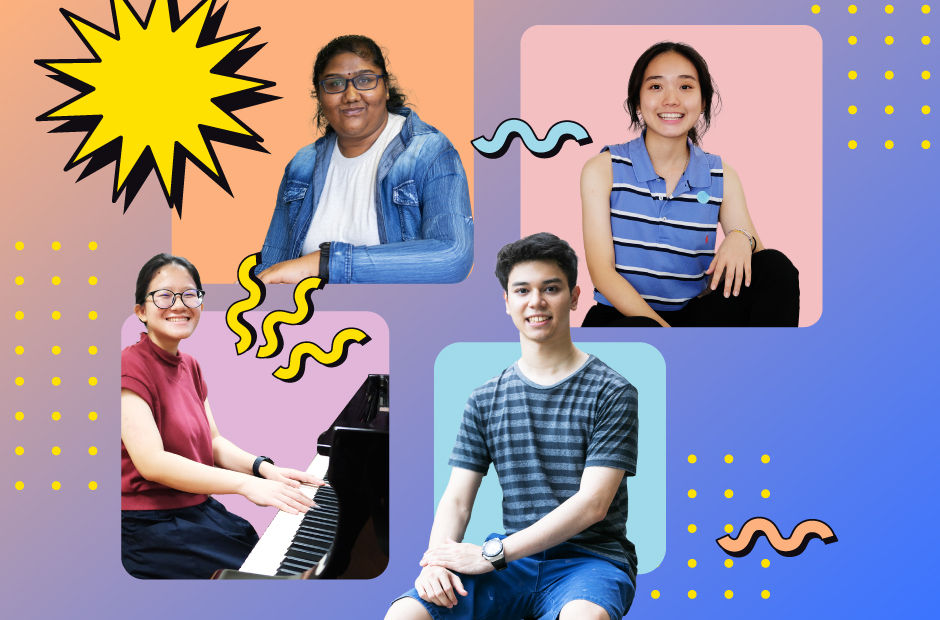Finding Answers by Questioning the Question
26 May 2011

Learning to assess each other’s statements with a critical eye to promote diverse viewpoints and new insights on a particular topic.
How much impact has technology had on privacy and security in your country? Is the elimination of poverty a realistic aim? How far do physical features such as land and size determine a country’s progress?
Many students would be stumped by such questions, which offer no easy answers. But these and other weighty dilemmas are devoured and digested with gusto in General Paper classes at Tampines Junior College, where students have learned to systematically apply critical thinking methods to nearly any topic.
Thinking by questioning
Introduced this year following positive results from an action research project by the JC’s General Paper teachers, the structured critical thinking programme teaches students how to probe and dissect the assumptions and viewpoints embedded in the application question or essay components of their General Paper.
“We used to find a lot of fallacious statements in essays and students were not able to evaluate arguments – they were just accepting wholesale arguments presented to them,” remarked Mrs Toh-Leong Sook Hing, Dean of JC1. A critical thinking method called Socratic questioning was thus woven into General Paper classes, with the aim of “challenging the students to constantly question what they are reading as well as question the way they write.”
Socratic questioning involves the use of questions to clarify or challenge a statement and its underlying tenets. In short, the key to tackling a hard question is to ask the right questions in turn. And this is exactly what takes place in a typical General Paper class, where the students, armed with markers, split up in groups, highlight key words and deconstruct a question into its component parts. A few members of each team then play Socrates, posing questions that evaluate their peers’ reasoning, identify logical flaws, and ultimately help to form arguments that withstand the tests of rigour and reason.
“Students learn to ask questions in the right way to guide their peers to see the bigger picture,” explained Ms Angela Quek Guat Choo, a Senior General Paper Teacher, of the JC’s blend of Socratic questioning with peer evaluation.
Added Mrs Toh-Leong, “Students learn that they can understand why a writer might be writing in a particular way by questioning his purpose and intent.” Empowered by such possibilities, Gauri Varsha Rai, a JC1 student, remarked, “It’s fascinating to question a writer’s assumptions because you are challenged to think of the flipside of the point the author is making. It allows me to gain a greater understanding of the passage and the author’s train of thought.”
The students also hone their higher order thinking skills by playing card games and quizzes where they attempt to detect logical fallacies. On the virtual front, they pen blog entries on a gamut of topics such as mass media, politics and sustainable thinking, and open the digital floor to their friends who post comments, critiques and reviews in good faith.
The rewards of sharper minds
The thinking doesn’t stop when classes end either. Gauri shares how she now regards every speaker she hears with a critical ear. “I think about what he or she is trying to do to sway the audience to accept the argument. Might the speaker be using an appeal to fear, for example?” Her classmate Everest Yuan added, “We think about the implications of what these people are saying, question his authority and examine why this person is saying what he is saying.”
Besides helping them overcome the fear of tough questions, the lessons in critical thinking have given the students a dose of empathy. “I am now more tolerant and patient when people jump to conclusions,” revealed Ili Raiyisah Rahan of class 10A01. “Because sometimes, people make an argument only because it is the most familiar one to them.”
Having charted more rewarding General Paper sessions, the English Department of Tampines Junior College now hopes to nurture critical minds in other nooks of the JC curriculum. Come June, a select group of students will also visit the Lampton School, a London school with a strong focus on critical thinking, as part of a General Paper Critical Thinking Trip to the United Kingdom and Paris.
The teachers also plan further activities such as critical thinking quests, where students might take apart a story such as The Da Vinci Code to discern between truth and fiction. By then, Ms Quek expects the students to wield sharp minds and the instinct to never take claims at face value. “Critical thinking has made the students more aware of issues that take place in life and helped them see things from different angles instead of accepting everything unquestioningly,” she stated.







.jpg)
